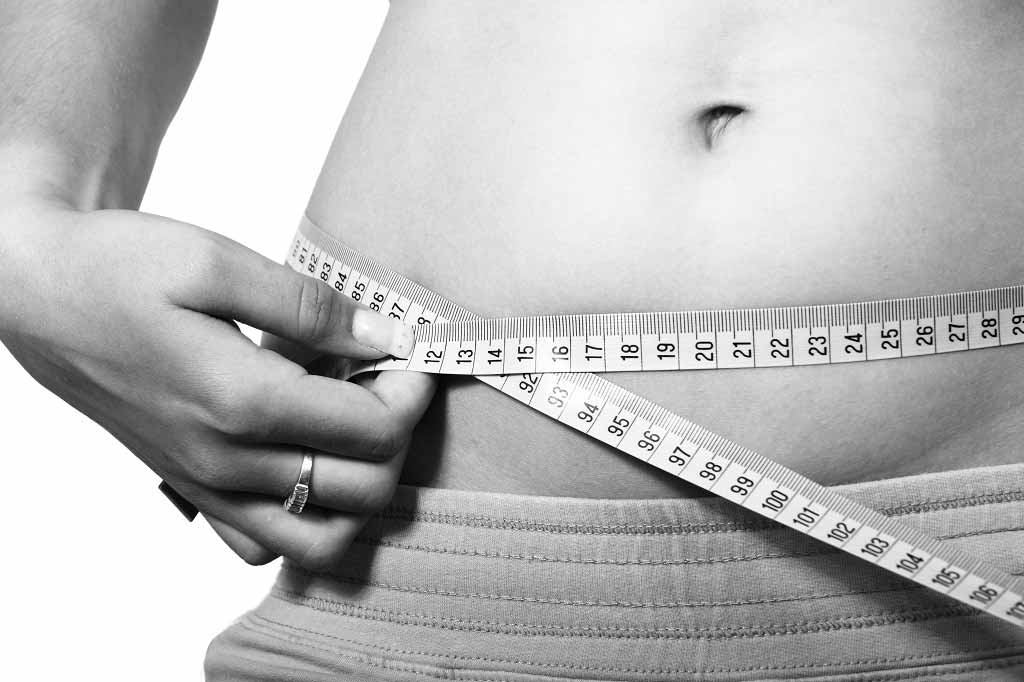Homeopathy remains on NHS
Obesity
“Homeopathy will continue to be available on the NHS despite an influential health committee condemning it as medically unproven,” reported The Daily Telegraph.
“Homeopathy will continue to be available on the NHS despite an influential health committee condemning it as medically unproven,” reported The Daily Telegraph.
The newspaper, together with several other media outlets, was reporting the Department of Health’s response to a report by the House of Commons cross-party Select Committee on Science and Technology, published in February.
That committee had said homeopathic medicine should no longer be funded on the NHS and called for a ban on the medicines carrying medical claims on their labels.
It found no evidence the medicines are any more effective than a placebo (the same as taking a sugar pill and believing it works). The British Medical Association agreed, with a leading member recently describing homeopathy as “witchcraft”.
The Department of Health based its decision to continue funding homeopathy on “choice”, not efficacy, reported the newspapers.
“We believe in patients being able to make informed choices about their treatments, and in a clinician being able to prescribe the treatment they feel most appropriate in particular circumstances,” said a spokesman.
“Our continued position on the use of homeopathy within the NHS is that the local NHS and clinicians, rather than Whitehall, are best placed to make decisions on what treatment is appropriate for their patients.”
What is homeopathy?
Homeopathy is a type of complementary and alternative medicine (CAM). CAMs are treatments that are not part of conventional Western medicine. Like most CAMs, homeopathy's use and efficacy (how well it works in placebo controlled trials) are controversial, and most mainstream scientists reject it as a concept and consider that it only works because of the placebo effect.
What’s the idea behind it?
Homeopaths believe that homeopathy can help with any condition that the body has the potential to repair itself. The practice has two essential principles:
- That a substance that can cause symptoms of illness will cure those same symptoms if given in extremely small doses. For example, a very small amount of caffeine might be used to treat insomnia.
- The more you dilute a substance, the more you increase its power to treat symptoms that it would otherwise cause. The dilution of the substance must be performed in a very specific way, with an increasing number of dilutions resulting in the solution becoming more potent.
To what extent are the substances diluted?
Ben Goldacre, the author of Bad Science , has described the process:
“The typical dilution is called ‘30C’: this means that the original substance has been diluted by 1 drop in 100, 30 times. On the Society of Homeopaths site, in their ‘What is homeopathy?’ section, they say that ‘30C contains less than 1 part per million of the original substance.’
“This is an understatement: a 30C homeopathic preparation is a dilution of 1 in 100^30, or rather 1 in 10^60, which means a 1 followed by 60 zeroes, or – let’s be absolutely clear – a dilution of 1 in 1,000,000,000,000,000,000,000,000,000,000,000,000, 000,000,000,000,000,000,000,000.
“To phrase that in the Society of Homeopaths’ terms, we should say: “30C contains less than one part per million million million million million million million million million million of the original substance.”
“At a homeopathic dilution of 100C, which they sell routinely, and which homeopaths claim is even more powerful than 30C, the treating substance is diluted by more than the total number of atoms in the universe. Homeopathy was invented before we knew what atoms were, or how many there are, or how big they are. It has not changed its belief system in light of this information.”
Why do people accuse homeopaths of witchcraft?
The phrase is pejorative. Some people use it because the process of creating homeopathic medicines involves unusual traditions, such as knocking the solution against a leather and horsehair surface during the dilution process.
What’s the major criticism of homeopathy?
The key criticism is that there is no reliable scientific evidence to suggest it is any more effective than a placebo. Normally, drugs that are no more effective than a placebo are judged ineffective and not given a licence or funded by the NHS. Prescribing placebo treatments, critics say, damages the trust that exists between doctors and their patients.
Critics of homeopathy say the reason the medicines are ineffective is because in homeopathic remedies the original substance is diluted to such an extent that no molecules of the substance remain in the remedy.
Homeopaths have argued that the critics are missing the point of the dilution process. The homeopaths claim it is not necessary for any of the original substance to remain as the dilution process somehow imprints a ‘memory’ of the substance into the water.
What did the Select Committee on Science and Technology conclude?
The Select Committee on Science and Technology concluded that:
- There is no evidence that homeopathy works beyond the placebo effect, which is a position that the Government agrees with.
- By providing homeopathy on the NHS, the Government runs the risk of appearing to endorse it as a working system of medicine. There is also the danger that when doctors prescribe placebos, they risk damaging the trust that exists between them and their patients.
- Given that the existing scientific literature shows no good evidence of efficacy, further clinical trials of homeopathy are not justified.
What was the Government’s response?
The Government has decided to continue to allow homeopathic hospitals and treatments to be received on the NHS, where local doctors recommend them.
It agrees that the efficacy of a treatment is important, but said there are many considerations when making policy decisions, and that patient choice is an important factor to consider.
“We believe that providing appropriate information for commissioners, clinicians and the public, and ensuring a strong ethical code for clinicians, remain the most effective ways to ensure quality outcomes, patient satisfaction and the appropriate use of NHS funding.
The Government also said that it noted the Committee’s view that allowing for the provision of homeopathy may risk seeming to endorse it, and that it would keep the position under review.
What does the Government Chief Scientific Adviser say?
The Government Chief Scientific Adviser has expressed his concern that the public may assume that NHS homeopathic treatments are ‘efficacious’, whereas the principal reason for their availability is to provide patient choice.
To enable the public to make informed choices, he will work with the Department of Health to ensure that the public has access to clear information on the evidence for homeopathy.
His position, as stated in the Government response, remains that “the evidence of efficacy and the scientific basis of homeopathy is highly questionable”.
What do homeopaths say?
On their website, the British Homeopathic Association say: “Today’s response by Government to the Science and Technology Committee report ‘Evidence Check2: Homeopathy’ reaffirms homeopathy belongs in the NHS where patients can best benefit from doctors integrating it into healthcare.”
How much does homeopathy cost the NHS each year?
Exact figures for the cost of homeopathy are not collected. However, there are currently four homeopathic hospitals in England, and in the region of 25,000 homeopathic items are prescribed each year. Total costs are thought to be in the region of 3-4 million a year.
Revised: August 4 2010






 Subscribe
Subscribe Ask the doctor
Ask the doctor Rate this article
Rate this article Find products
Find products





